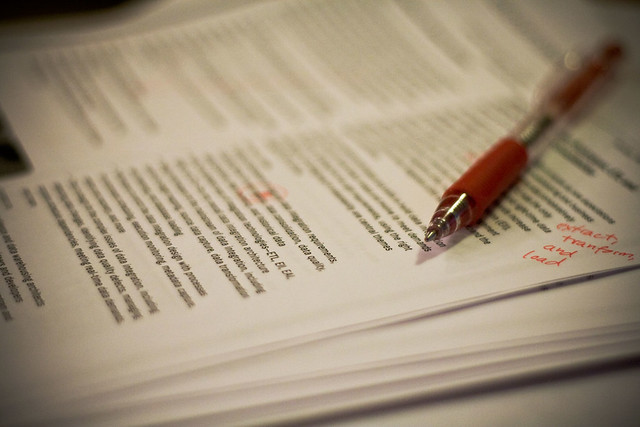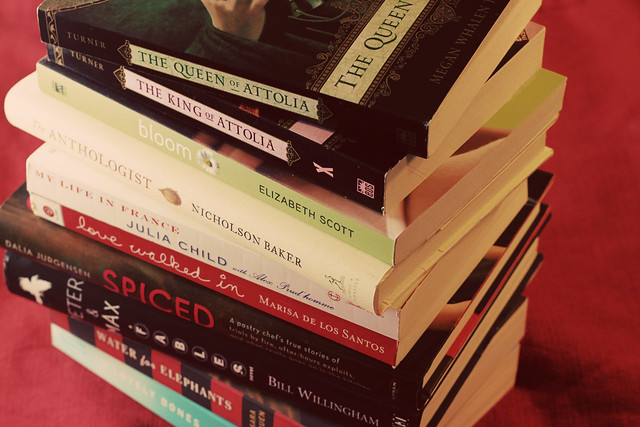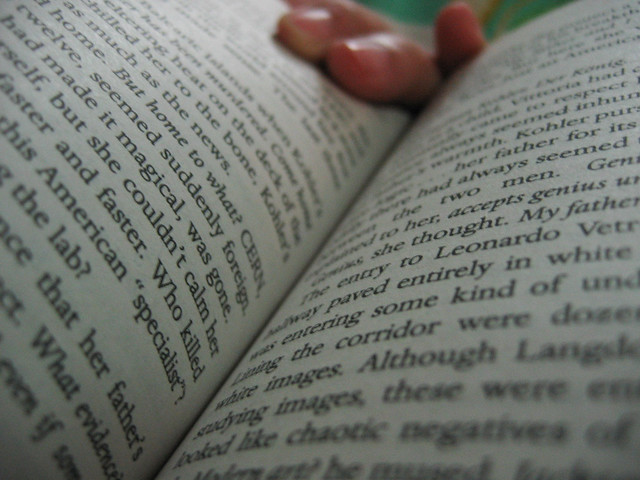 |
| Photo credit: Goodreads |
Now I’ll admit I’ve been a little negligent with the mini-book
review system as I failed to post one last month, largely due to the fact that
I’ve been doing a lot of re-reading as of late. In honor of The Hunger Games movie release, I
re-read the trilogy in March, and now as Insurgent
by Veronica Roth will be released in a DAY, it goes without saying that I spent
time this month re-reading Divergent.
(If you’d like to see my review, I posted it a while back here).
However! Divergent
wasn’t the only book I read this month as I was fortunate enough to see an ad
for The False Prince by Jennifer A. Nielsen, which lead me
to track down the online sample, which lead me to promptly buy the book. All
very fortunate indeed, because I loved
it.
Firstly! The summary from Goodreads:
"THE FALSE PRINCE is the thrilling first book in a brand-new trilogy filled with danger and deceit and hidden identities that will have readers rushing breathlessly to the end.
In a discontent kingdom, civil war is brewing. To unify the divided people, Conner, a nobleman of the court, devises a cunning plan to find an impersonator of the king's long-lost son and install him as a puppet prince. Four orphans are recruited to compete for the role, including a defiant boy named Sage. Sage knows that Conner's motives are more than questionable, yet his life balances on a sword's point -- he must be chosen to play the prince or he will certainly be killed. But Sage's rivals have their own agendas as well.
As Sage moves from a rundown orphanage to Conner's sumptuous palace, layer upon layer of treachery and deceit unfold, until finally, a truth is revealed that, in the end, may very well prove more dangerous than all of the lies taken together.
An extraordinary adventure filled with danger and action, lies and deadly truths that will have readers clinging to the edge of their seats."
Besides the action and fabulous pacing, what I really loved
about The False Prince was Sage—the
first-person narrator. It can be very difficult to pull off an unreliable
narrator convincingly, especially in first person, but Nielsen nailed it. Sage
is witty and admirable, but flawed and makes more than a few face-desk-worthy
mistakes, and to top it off, there are twists that I really enjoyed.
For all those reasons and more I highly recommend it.
What have you read/re-read as of late? Anyone else re-reading Divergent
in anticipation of Insurgent?



















